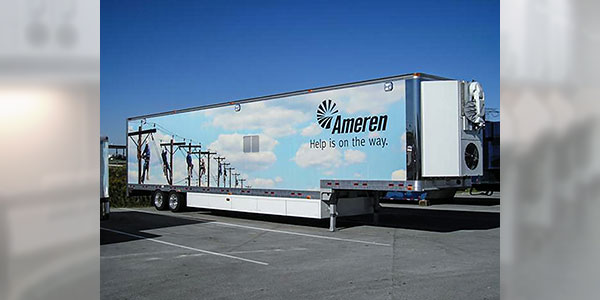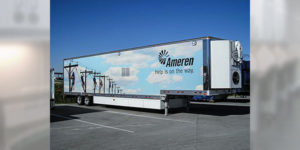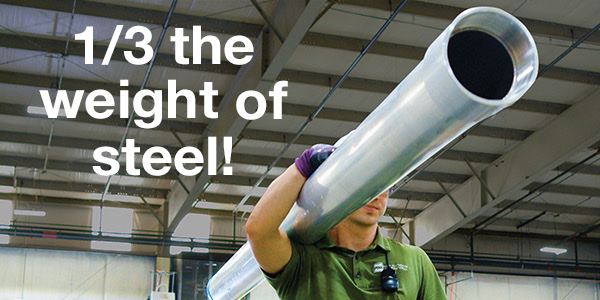Rapid deployment of mobile production and processing equipment in modular trailers or containers can be customized and outsourced from concept to turnkey asset
Industrial manufacturers require production reliability and continuity. However, a wide range of conditions can make this challenging – from unexpected emergencies, power grid failures and blackouts to partial plant shutdowns for maintenance, upgrade, replacement, or expansion.
So, when uninterrupted power, power storage, water pumping, filtration, treatment etc. is necessary for production, safety, or regulatory compliance, a growing number of manufacturers are looking to mobile trailer and containerized units. These modular units can complement, supplement, or replace such functions on a temporary or permanent basis. Notably, the units can be customized to meet specific needs and delivered in a fraction of the time and cost that it usually takes to build on-site or off-site.
With a collaborative approach and flexible design options, such modular systems can quickly be taken from concept to turnkey asset. When necessary, supplemental support solutions can even include mobile offices, command and control centers and foodservice kitchens. Organizations with multiple sites can transport the mobile units wherever needed at any time.
“Custom built trailers can be configured to act as rapidly deployable mobile units to provide remote power generation and distribution, water treatment, and battery energy storage systems (BESSs). The units can be designed to a variety of specifications and sizes with high output capabilities, sound mitigation, and minimal environmental impact,” says Mark Steele, CEO of St. Charles, MO-based Craftsmen Industries, a rapid designer and fabricator of mobile, containerized units for temporary or permanent use.
Since 1982, Craftsmen has fabricated mobile units for organizations such as Verizon, AmerenUE, Dell, and the U.S. Department of Veterans Affairs along with dozens of others.
“Manufacturers may not always have much advance notice when they realize that supplemental or replacement power, water, or energy storage is required due to emergencies or unplanned repairs. So, expediting delivery and tailoring it to their process is often critical,” says Steele.
To speed mobile unit delivery and customization when it is necessary, Steele recommends that manufacturers work with a firm that offer in-house design, engineering, and fabrication capacity. This can cut traditional delivery time in half. In practice, this means that a partially customized mobile unit in a trailer or container can be received in about 12 weeks versus an industry typical 24 weeks, or a fully customized unit in about 20 weeks versus over a year elsewhere in the industry, if available.
Also important is working with a firm that is not only an integrator but also a fabricator with full engineering capabilities. This helps to resolve any issues that can occur at the drawing board as well as any difficulties that occur on the fly, according to Steele,
whose firm is ISO 9001:2015 certified and fabricates with a wide variety of materials including carbon steel, stainless steel, aluminum and alloys.
Visit: www.craftsmenind.com.







